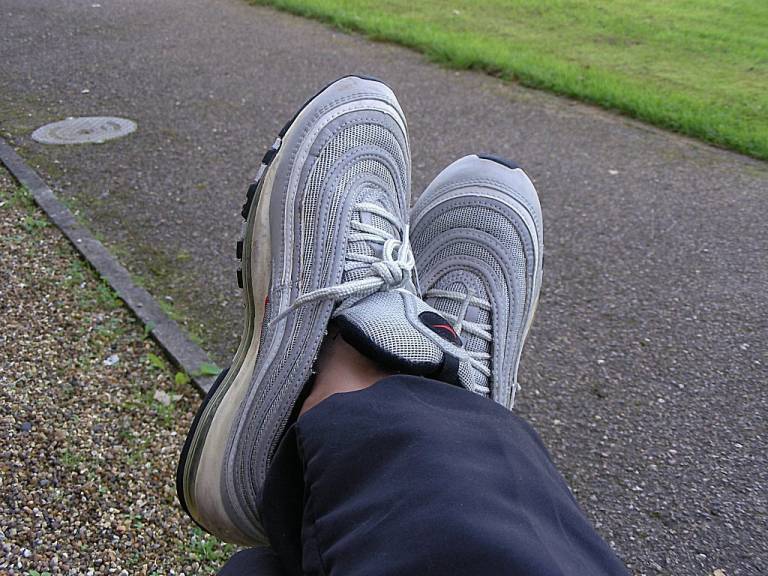Perceived weight discrimination linked to physical inactivity
8 March 2017
People who feel that they have been discriminated against because of their weight are much less likely to be physically active than people who don't perceive that they have suffered any such stigmatisation, according to new research led by UCL.

The research was published in the journal BMJ Open. It was the first study to examine the relationship between weight discrimination and physical activity in a large population sample.
The scientists looked at data from more than 5,400 men and women aged over 50 who were participants in the English Longitudinal Study of Ageing.
People who felt discriminated against because of their size had almost 60% higher odds of being inactive and 30% lower odds of engaging in moderate or vigorous exercise once a week than their peers.
There could be several reasons for the findings. These include that overweight and obese people who feel stigmatised may be more self-conscious about exercising in front of others for fear they will attract undesirable attention, leading to embarrassment or teasing, said Dr Sarah Jackson (UCL Epidemiology and Public Health) who led the research.
"People who have experienced weight-related discrimination may lack the confidence to exercise in public. They may also begin to believe the negative stereotypes against themselves as lazy and worthless, leaving them wondering why they should bother trying to be active," said Dr Jackson.
In the study, 4.9% of the participants reported weight discrimination but this varied considerably according to how overweight a person was. Thirteen percent of people with obesity said they had suffered discrimination compared with 0.9% of overweight participants.
The research found a person's body mass index in itself did not affect their levels of exercise, indicating that individuals who experience discrimination are likely to be less physically active, regardless of their weight.
"Given the substantial benefits of being physically active for both physical and mental health, interventions that aim to reduce weight bias at a population level - for example through schools, local communities or national campaigns - may have greater impact on health than those that encourage people to lose weight," said Dr Jackson.
"A Health at Every Size approach may be helpful in encouraging people to develop and maintain healthy habits, including regular physical activity, for the sake of health and wellbeing as opposed to weight control."
The study had limitations, including that physical activity data and weight discrimination were self-reported.
Links
- Paper in BMJ Open
- Dr Sarah Jackson's academic profile
- UCL Institute of Epidemiology and Health Care
- Media coverage
Image
Trainers -- attributed to Dave via Flickr
Contact
Margaret-Anne Orgill Tel: 02031088515 Email:m.orgill@ucl.ac.uk
 Close
Close

